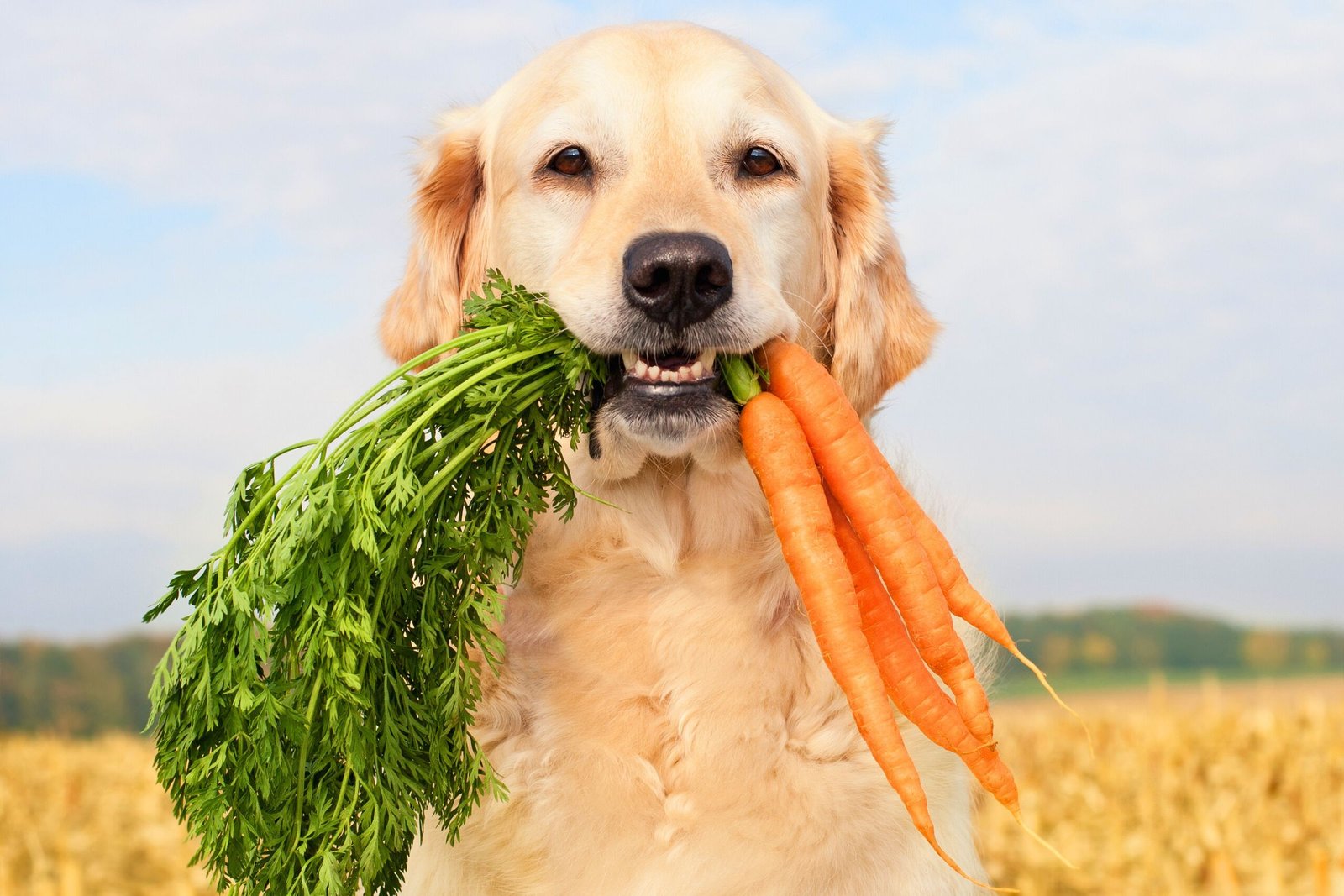Consultation with Veterinarians

Before embarking on any significant changes to your dog’s diet, seeking the guidance of a veterinarian is a crucial step in ensuring the optimal health and well-being of your furry companion. Professional advice is invaluable in meeting your pet’s specific nutritional needs and addressing any underlying health concerns that may impact their dietary requirements.
Individualized Nutritional Assessment
Veterinarians possess the expertise to conduct a thorough assessment of your dog’s individual nutritional requirements. Factors such as age, breed, size, activity level, and overall health status are taken into consideration to formulate a diet plan tailored to your pet’s unique needs.
Identification of Dietary Restrictions
Some dogs may have specific dietary restrictions or sensitivities that require special attention. Your veterinarian can help identify potential allergens or intolerances, ensuring that the chosen diet is free from ingredients that may cause adverse reactions.
Weight Management and Health Goals
Maintaining an optimal weight is crucial for your dog’s overall health. Veterinarians can provide guidance on appropriate portion sizes and calorie intake, helping you manage your dog’s weight effectively. This is especially important for preventing obesity-related health issues.
Addressing Existing Health Conditions
Dogs, like humans, can suffer from various health conditions that may impact their dietary needs. Conditions such as diabetes, kidney disease, or allergies require special dietary considerations. A veterinarian can offer insights into managing these conditions through proper nutrition.
Professional Advice on Treats and Supplements
While fruits and vegetables can be healthy additions, they should complement, not replace, a balanced commercial dog food. Veterinarians can advise on suitable treats and supplements, ensuring they align with your dog’s nutritional requirements without causing imbalances.
Monitoring for Changes
Dogs may undergo different life stages, and their nutritional needs can evolve over time. Regular veterinary check-ups enable professionals to monitor your dog’s health and adjust their diet as needed. This proactive approach helps prevent nutritional deficiencies or excesses.
Guidance on Homemade Diets
If you’re considering preparing homemade meals for your dog, consulting with a veterinarian becomes even more critical. Crafting a nutritionally complete and balanced homemade diet requires careful consideration of essential nutrients, and a veterinarian can guide you in formulating recipes that meet your dog’s requirements.
Ensuring Overall Well-Being
A veterinarian’s role extends beyond dietary advice; they play a vital role in ensuring your dog’s overall well-being. Regular check-ups and open communication with your veterinarian create a collaborative approach to your pet’s health, addressing any concerns promptly.
In conclusion, the importance of consulting with a veterinarian before making significant changes to your dog’s diet cannot be overstated. Their professional expertise ensures that your pet receives the right nutrients in the correct proportions, promoting a healthy and balanced lifestyle. Remember, your veterinarian is a trusted partner in your dog’s care, offering guidance that goes beyond diet to encompass their overall health and happiness.
_____________________
It’s important for dog owners to note that individual dogs may have varying sensitivities and dietary needs. Before introducing any new food, into your dog’s diet, it is strongly advised to seek approval from a qualified veterinarian. The information provided here is general in nature and may not apply to all dogs. Owners should carefully monitor their pets for any signs of allergies, digestive issues, or adverse reactions when introducing new foods. Additionally, any dietary changes should be made in consultation with a veterinarian to ensure that they align with the specific health conditions and nutritional requirements of the individual dog. Always prioritize your dog’s well-being and seek professional advice for a tailored approach to their diet and nutrition.








